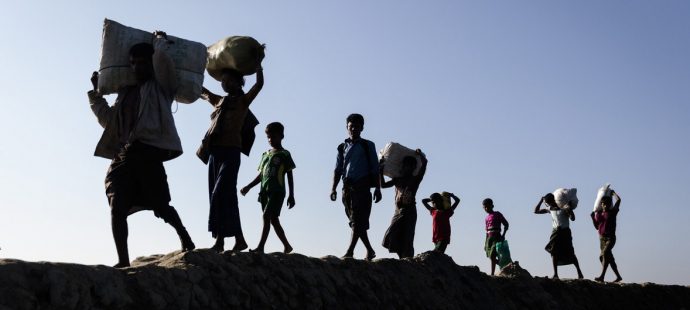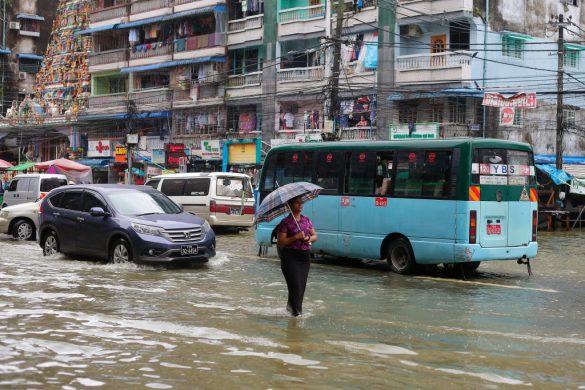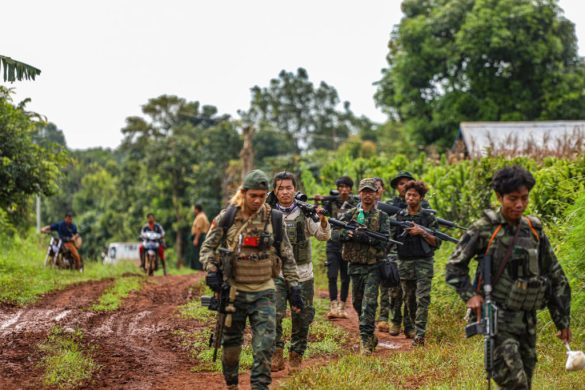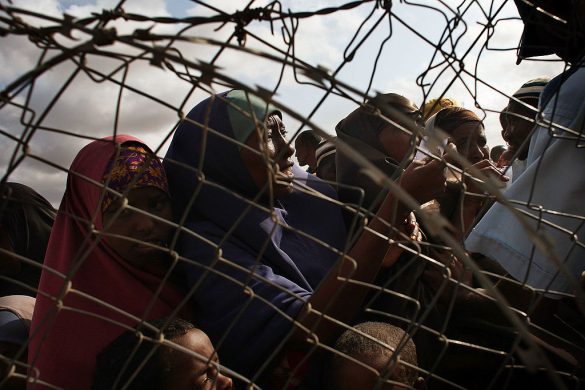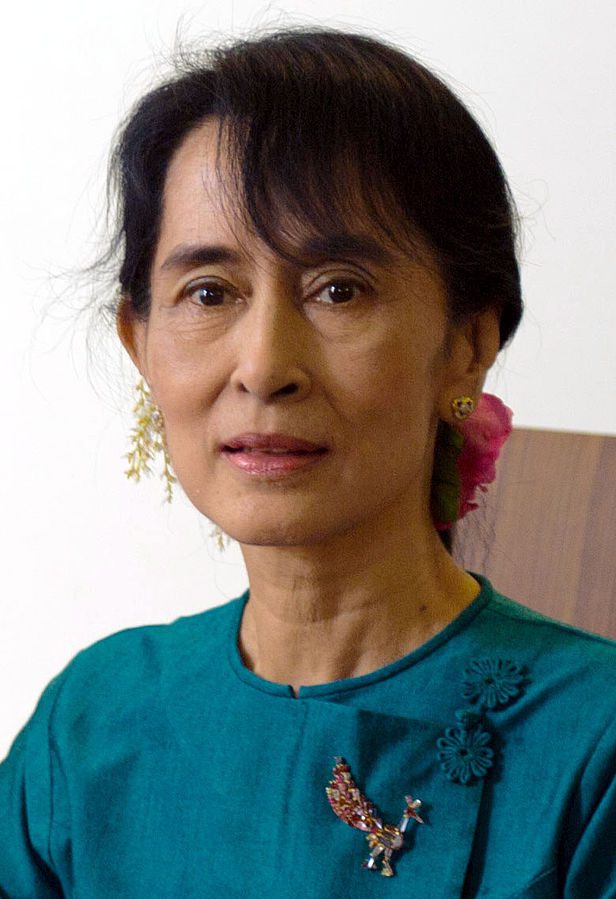
The Suu Kyi administration faces enormous international opprobrium over the Rohingya crisis – the flight of over 700,000 Rohingya Muslims to Bangladesh due to a brutal army counter-insurgency campaign – as well as domestic opposition to the concessions needed to address international concerns.
Yet the government’s challenge is not only political. Its performance to date on issues from peace talks with Myanmar’s numerous insurgencies to the economy shows that it is not adept at formulating strategy or implementing policy.
Even were the government to develop the political will to respond constructively to the Rohingya crisis or other problems, progress is likely to be limited. This means that, in addition to the external pressure that continues to build, principled diplomatic engagement is also vital to translate that pressure into at least some meaningful steps forward.
Sky-high expectations
In 2011, Myanmar embarked on a remarkable and largely unanticipated transition away from 50 years of isolationist and authoritarian military rule.
The transition culminated in broadly free and fair elections in 2015, a landslide victory for the National League for Democracy (NLD) opposition party, and the peaceful transfer of power to an administration headed de facto by Aung San Suu Kyi – the military regime’s long-time nemesis and an international democracy icon.
Rarely has the reputation of a leader fallen so far, so fast. The sky-high expectations of what Aung San Suu Kyi could achieve were never justified, given the enormous structural obstacles and the uncomfortable power-sharing arrangement with the military, imposed by the constitution. Even against more realistic benchmarks, however, the new government has underperformed on the peace process, governance and the economy.
The military’s brutal maltreatment of the Rohingya – involving crimes against humanity and which a UN report released on 27 August has said merit investigation for genocide – and the Suu Kyi government’s acquiescence therein, became a defining new crisis.
International accountability
Outside actors should play a role to try to resolve it. Three sets of tools are available. First, there are targeted sanctions, which serve as a means of sending an international signal that actions such as the campaign against the Rohingya are unacceptable and have consequences.
Given the history of Myanmar sanctions and current attitudes in the country, these are unlikely to alter the thinking of the military or the government, but they would represent a broader message to others who might be considering similar action.
Second, there is continued international scrutiny, notably from the UN Security Council, as well as moves toward international accountability – for example, the establishment of an independent mechanism by the UN General Assembly. These would probably get the authorities’ attention and thus could have an effect. On their own, however, they will not suffice to produce meaningful change.
Læs hele analysen hos International Crisis Group

